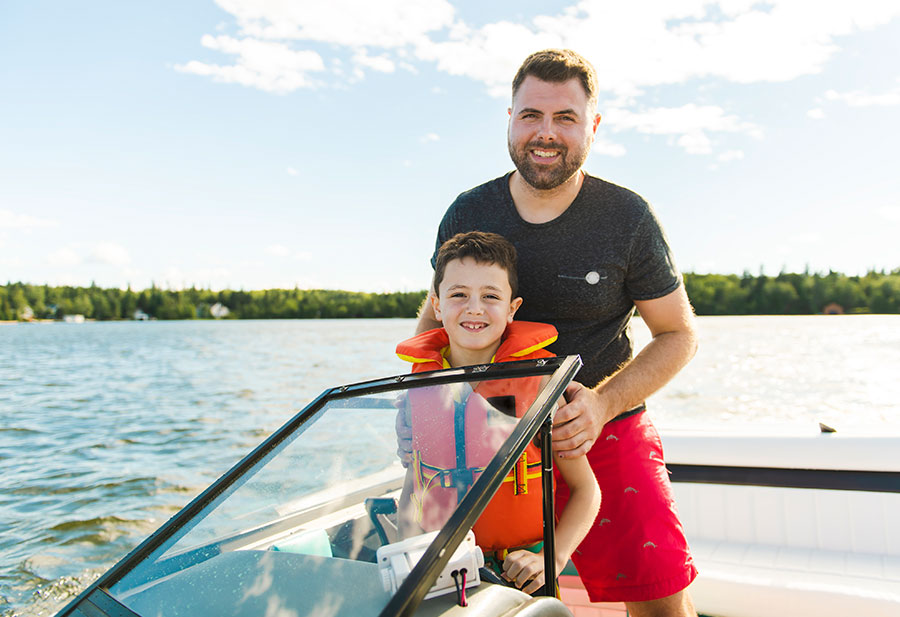Navigating Safe Waters

Boating is a wonderful way to unwind, explore and connect with nature, but it also comes with responsibilities. Just as you wouldn't drive a car without understanding the rules of the road, operating a boat requires knowledge of safety procedures and precautions to ensure an enjoyable journey for everyone on board.
The Santee Cooper Lakes are two of South Carolina's greatest recreational resources. Here are a few tips to help you enjoy them safely.
- Know the Rules and Regulations: Before setting sail, familiarize yourself with local boating laws and regulations. Different areas may have specific requirements regarding speed limits, navigation and equipment.
- Wear Life Jackets: Life jackets are the most crucial piece of safety equipment on any boat. Make sure you have enough Coast Guard-approved life jackets or personal flotation devices for every passenger, and ensure they are always worn, especially for children and non-swimmers.
- Conduct a Safety Check: Before launching your boat, perform a thorough safety check. Inspect the hull for any signs of damage, ensure the fuel and oil levels are adequate, test the lights and navigation equipment, and verify that all safety gear, including fire extinguishers and distress signals, are on board and in working condition.
- Stay Alert and Sober: Operating a boat requires sharp focus and quick reflexes, much like driving a car. Avoid alcohol and other substances that impair judgment and coordination while boating. Designate a sober captain who will remain vigilant and capable of making sound decisions in case of emergencies.
- Mind the Weather: Always check the weather forecast before heading out. Sudden storms or high winds can turn a pleasant outing into a dangerous situation.
- Practice Safe Navigation: Follow the “rules of the road” on the water, which dictate right-of-way and proper navigation procedures. Keep a safe distance from other boats, observe speed limits, and be mindful of hazards such as rocks, shoals and submerged objects, like tree stumps. Used marked navigation channels whenever possible.
- Respect the Environment: Boating is a privilege that comes with a responsibility to protect the marine environment. Dispose of trash properly, avoid spilling fuel or oil into the water, and be mindful of wildlife and sensitive ecosystems. Leave only ripples behind and help preserve our waterways for future generations to enjoy.
- Educate Yourself: Consider taking a boating safety course to enhance your knowledge and skills. Even experienced boaters can benefit from refreshers on safety best practices.
By following these boating safety tips, you can enjoy your time on the water with peace of mind, knowing you have taken the necessary precautions to keep yourself, your passengers and your vessel safe. Happy boating!
